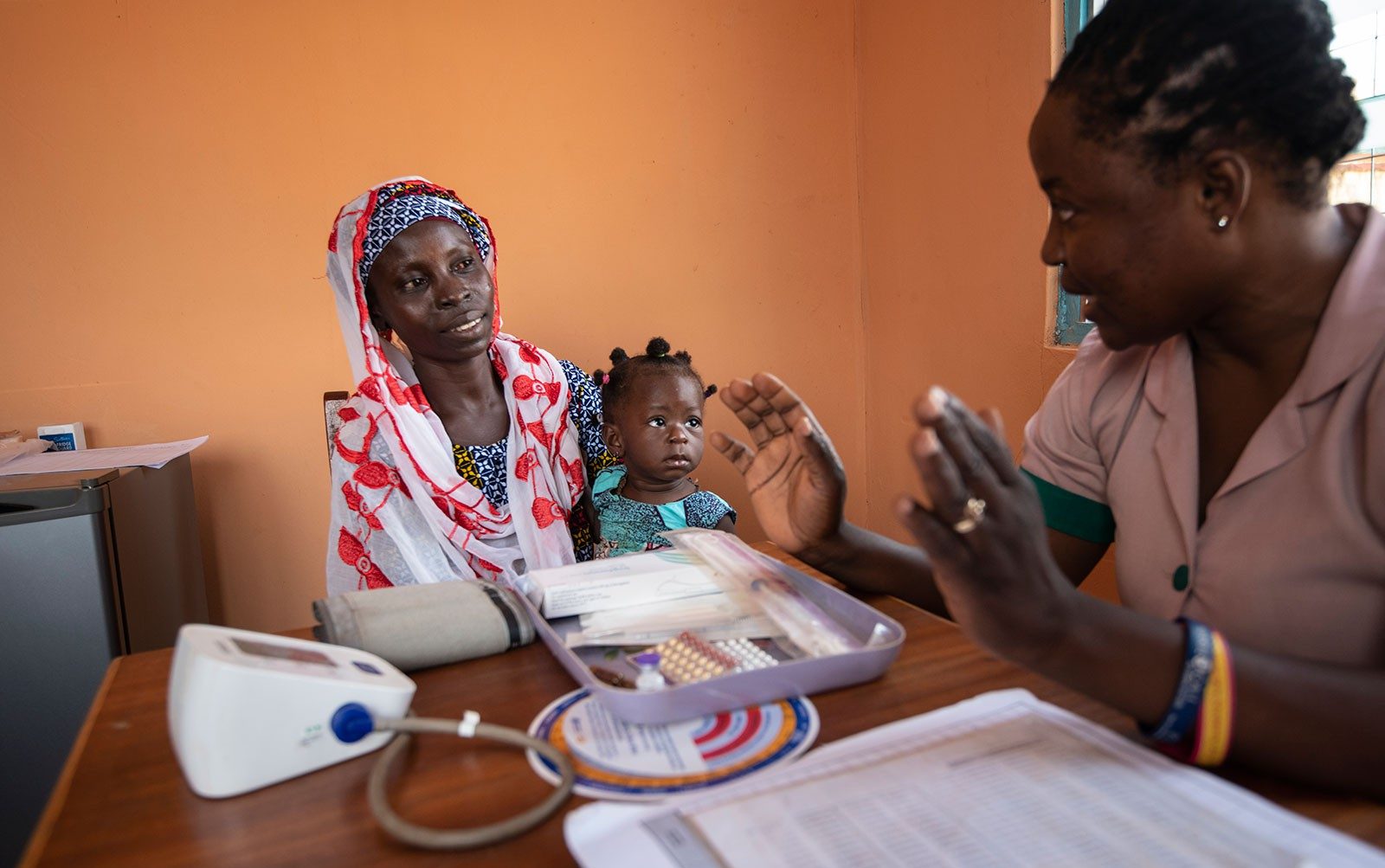Family planning is a cornerstone of responsible reproductive health, offering an array of benefits that resonate on both an individual and societal level. It involves the conscious decision-making process that allows individuals and couples to determine the timing and spacing of their children. While family planning’s primary objective is to empower individuals to take control of their reproductive lives, its advantages ripple through the family and society as a whole, leading to better health, economic stability, gender equality, and environmental sustainability.
Empowering Individuals
At the heart of family planning is the empowerment of individuals, especially women, to make informed choices about their reproductive health. This empowerment leads to various advantages, shaping lives positively.
Reproductive Autonomy: One of the most significant benefits of family planning is the promotion of reproductive autonomy. It allows individuals to exercise control over their reproductive choices, thus enhancing their agency. This is particularly significant for women who, historically, have had their reproductive choices often dictated by external factors. By providing individuals with the tools and knowledge to make decisions about their fertility, family planning contributes to gender equality and empowerment.
Education and Career Opportunities: Family planning enables individuals, particularly women, to invest in their education and careers before starting a family. The ability to time pregnancies according to one’s goals and circumstances provides the freedom to pursue higher education, gain vocational skills, or develop a career path. This translates to improved economic prospects for individuals, leading to a more fulfilling and prosperous life.
Improved Health: Responsible family planning practices promote better health for individuals. By allowing for the spacing of pregnancies, it reduces the health risks associated with frequent pregnancies. For women, this means lower maternal mortality and fewer complications during childbirth. It also contributes to the well-being of children, as healthier mothers can provide better care for their offspring.
Societal Benefits
Family planning’s impact extends to society as a whole, with a range of benefits that help shape a more prosperous and sustainable community.
Reduced Overpopulation: One of the most evident societal advantages of family planning is the control it exerts on population growth. Responsible family planning practices mitigate the pressures associated with overpopulation, which can strain resources and infrastructure.
Economic Growth: Smaller families often lead to increased per capita income and better standards of living. When people can focus on their careers and personal development before starting families, it has a direct impact on economic development, thereby leading to the overall growth of society.
Education and Health: Lower fertility rates result in improved educational opportunities and better healthcare access for children. Smaller families allow parents to invest more in the education and healthcare of their children, paving the way for a more educated and healthier society.
Environmental Sustainability: The environmental benefits of family planning cannot be overlooked. A smaller population can help reduce the environmental pressures that arise from overconsumption of resources, deforestation, and pollution. By contributing to a more sustainable world, family planning aligns with the global effort to combat climate change.
Public Health
Family planning is not merely about preventing pregnancies; it’s also about promoting safer pregnancies and better healthcare practices.
Access to Healthcare: Family planning encourages regular visits to healthcare providers, as it is often associated with contraception methods that require periodic check-ups. This leads to early detection and treatment of health issues, contributing to overall well-being.
Reducing Maternal Mortality: Ensuring adequate spacing between pregnancies is vital in reducing the risk of complications during childbirth and maternal mortality. The healthcare and support provided in family planning programs can play a significant role in saving lives.
Preventing Sexually Transmitted Infections (STIs): Family planning often includes education about safe sex practices. This educational component helps prevent sexually transmitted infections (STIs) by promoting responsible sexual behavior, reducing the incidence of STIs in society.
Global Impact
The importance of family planning goes beyond national borders and affects the global community. It plays a crucial role in addressing various global challenges.
Poverty Reduction: In developing countries, where high fertility rates can perpetuate the cycle of poverty, family planning is instrumental in breaking this cycle. It empowers families to make informed choices about their fertility, allowing them to invest in their own well-being and that of their children.
Sustainable Development: Family planning is integral to achieving the United Nations Sustainable Development Goals. Goals like Goal 3 (Good Health and Well-being) and Goal 5 (Gender Equality) are directly impacted by responsible family planning practices.
Human Rights: Access to family planning is recognized as a human right. It ensures that individuals and couples have the information and means to make informed choices about reproduction, aligning with the principles of autonomy and personal choice that underpin human rights.
Family planning stands as a vital and transformative practice that is instrumental in personal well-being, family stability, and societal progress. It empowers individuals to make informed decisions about their reproductive health, enabling them to lead fulfilling lives that are in alignment with their goals and aspirations. It strengthens families, fostering emotional, financial, and mental stability. Moreover, the societal benefits of family planning are immense, from reducing overpopulation and promoting economic growth to advancing gender equality and supporting environmental sustainability. By improving public health and contributing to global development, family planning is not just a personal choice; it is a collective responsibility that shapes a more equitable, prosperous, and sustainable world for all. Embracing family planning is not only a responsible choice but also a critical step towards building a better future for ourselves and generations to come.
